Eligibility often requires a bachelor's degree in a related field, such as geomatics, geography, or civil engineering. Fee structures vary among institutions and may include tuition fees, lab expenses, and other academic costs.
Eligibility Criteria and Fee Structure for M.Tech. Geomatics
Geomatics, a rapidly evolving field that combines geospatial technology with information science, plays a pivotal role in various industries such as urban planning, environmental management, disaster mitigation, and resource management. Pursuing an M.Tech. in Geomatics can open up a world of opportunities for those interested in spatial data analysis, remote sensing, and Geographic Information Systems (GIS). In this article, we will explore the eligibility criteria and fee structure for this program.
M.Tech. In Geomatics Eligibility Criteria
The eligibility criteria for admission to an M.Tech. program in Geomatics may vary slightly from one university or institution to another. However, here are the typical eligibility requirements:
1. Educational Background:
Applicants should have a Bachelor's degree in a relevant field of study, such as Civil Engineering, Geoinformatics, Geography, or a related discipline. Most institutions require a minimum of a 4-year undergraduate degree, although some may accept 3-year degrees with certain conditions.
2. Minimum Marks:
A minimum aggregate score in the range of 50% to 60% or equivalent, depending on the institution, is usually required. Some universities may also consider the performance in a relevant entrance exam, while others rely solely on academic performance.
3. Entrance Examination:
Many institutions conduct their entrance examinations for M.Tech. in Geomatics. Some of the commonly accepted entrance exams for this program include GATE (Geomatics Aptitude Test in Engineering), JAM (Joint Admission Test for M.Sc.), and university-specific entrance tests.
4. Work Experience:
Some universities may prefer candidates with relevant work experience in the geospatial industry, although it is not always a strict requirement.
5. English Language Proficiency:
International students, or those from non-English speaking countries, may need to demonstrate their proficiency in the English language through tests like TOEFL or IELTS.
6. Letters of Recommendation:
Some institutions may require letters of recommendation from professors or professionals in the field.
M.Tech. In Geomatics Fee Structure
The fee structure for an M.Tech. in Geomatics can vary significantly depending on the university, location, and whether the applicant is a domestic or international student. Here is a general overview of the fee components:
1. Tuition Fees:
Tuition fees are the primary cost associated with pursuing an M.Tech. program. These fees can range from INR 50,000 to INR 2,50,000 per semester for domestic students in Indian universities. For international students, tuition fees can be higher, typically ranging from $5,000 to $20,000 per year in universities outside India.
2. Hostel and Accommodation:
Many universities offer on-campus accommodation options for students. Hostel fees can vary widely depending on the location and facilities provided. On-campus accommodation can range from INR 10,000 to INR 40,000 per semester in India and significantly higher for international students.
3. Books and Study Materials:
Students will need to purchase textbooks and study materials. The cost for these materials can vary but is typically a few thousand rupees per semester.
4. Examination Fees:
Universities often charge examination fees for each semester or year, typically ranging from INR 1,000 to INR 5,000 per semester.
5. Miscellaneous Expenses:
This category includes expenses for extracurricular activities, field trips, and other incidentals. It can amount to a few thousand rupees per semester.
6. Scholarships and Financial Aid:
Many universities offer scholarships and financial aid to deserving students based on merit or need. Applicants are encouraged to explore these opportunities to offset their educational expenses.
7. Research and Project Costs:
If the program includes research or project work, students may need to budget for additional expenses related to data collection, software, and equipment.
 2 Years
2 Years
 Post Graduate
Post Graduate
 Engineering
Engineering
 Full Time
Full Time
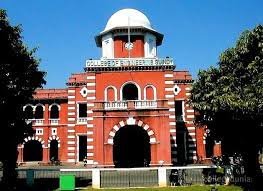
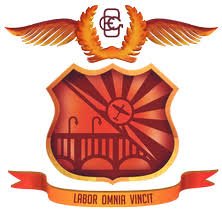
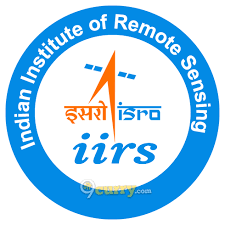
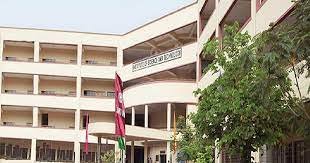
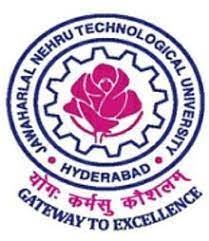

 back
back